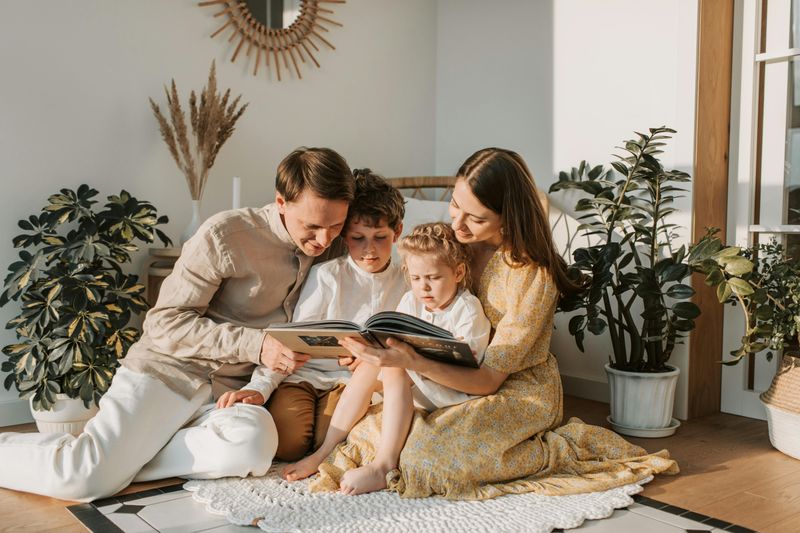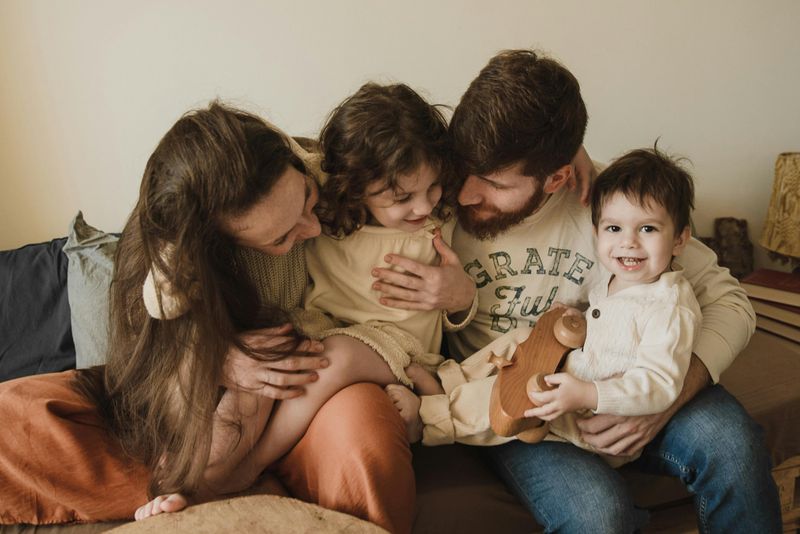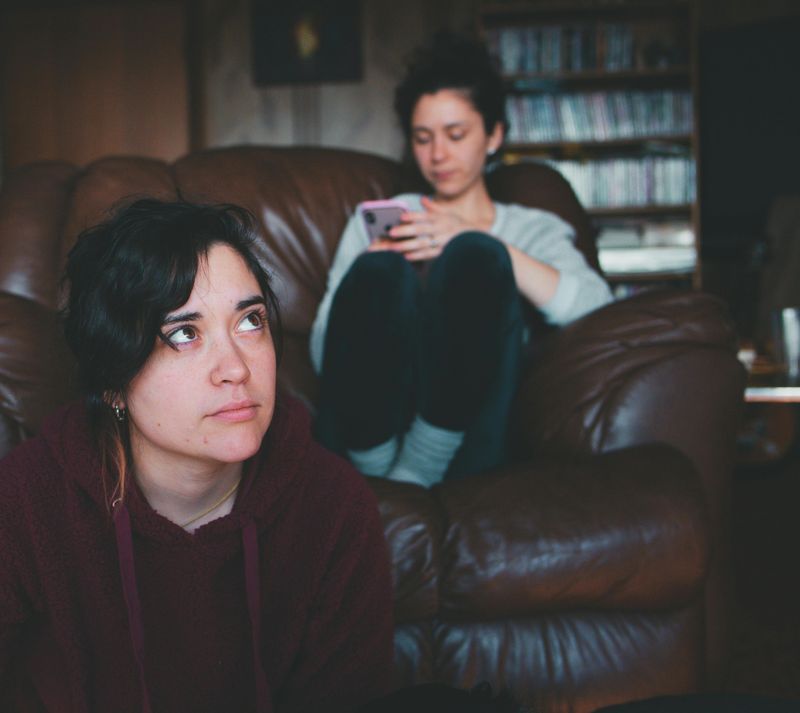6 Things That Quietly Made You and Your Sibling So Different

Growing up with siblings can feel like sharing a world yet living on different planets. You might look alike, share DNA, and even have the same parents, but somehow turn out as different as night and day. Ever wonder why you and your brother or sister developed such different personalities, interests, and life paths? The answers lie in subtle forces that shaped each of you in unique ways.
1. The Genetic Lottery You Never Knew You Played

Your parents’ DNA mixed differently when creating you versus your sibling. Think of it like shuffling cards – each time produces a completely different hand! While you might have gotten mom’s musical talent, your sister inherited dad’s athletic abilities.
These genetic differences affect everything from your temperament to how you handle stress. Some siblings are born more sensitive, others more adventurous – traits wired into your brain chemistry before birth.
Scientists now know that even identical twins have slight genetic variations. Your unique genetic makeup influenced your personality foundations, creating differences that appeared long before conscious choices came into play.
2. Your Place in the Family Line-Up Changed Everything

First-borns often shoulder responsibility early, becoming mini-adults who follow rules and seek approval. Meanwhile, younger siblings typically develop rebellion skills and creative problem-solving from navigating a world where the older kids already claimed the spotlight.
Middle children become master negotiators and peacemakers, learning to find their unique space between demanding firstborns and indulged babies of the family. These birth order effects shaped your core personality without anyone noticing.
The spacing between siblings matters too. Five years apart? You practically grew up as only children in different family eras!
3. Mom and Dad Weren’t the Same Parents for Each of You

Remember how your parents seemed stricter with your older brother? That wasn’t your imagination. First-time parents often parent from textbooks and anxiety, creating rigid rules and high expectations. By the time you came along, they’d relaxed considerably!
Parents also change with age, financial circumstances, and life experience. The stressed-out young mom raising your sister became the mellower, wiser mother who raised you with different priorities and responses.
Family dynamics shift too. Your parents might have been happily married during your childhood but divorcing during your brother’s teenage years – creating entirely different emotional environments for each of you.
4. Your Worlds Outside Home Barely Overlapped

Non-shared environments profoundly shape who we become. Your third-grade teacher who sparked your love of science? Your brother never had her. The neighborhood friend who introduced you to skateboarding? Your sister hung out with different kids entirely.
Even shared experiences affect siblings differently. The family move that traumatized your brother might have opened exciting opportunities for you. The same pandemic lockdown that crushed your social butterfly sister might have been a peaceful relief for your introverted nature.
Different school experiences, friend groups, and even cultural moments (like growing up with different technologies) silently pushed you onto separate paths.
5. You Deliberately Carved Out Different Identities

“I’m NOT going to be like my sister!” Sound familiar? Siblings naturally create psychological space between each other – a process psychologists call “de-identification.” When your brother became the family athlete, you unconsciously sought different territory, perhaps becoming the artist or the scholar.
This niche-filling happens naturally to reduce competition and comparison. If your sister was labeled “the responsible one,” you might have embraced being “the free spirit” – not necessarily because it fit your natural inclinations, but because that identity space was available.
These chosen identities eventually become self-fulfilling prophecies, steering life choices in increasingly different directions.
6. The Different Ways Your Parents Saw (and Treated) You

Parents bring their own baggage to child-rearing, sometimes unconsciously projecting different qualities onto each child. “You’re just like your uncle Mike” might seem innocent, but such labels create expectations that shape your self-image and behavior.
Subtle favoritism exists in most families, even when parents try to be fair. Maybe your brother reminded mom of herself, creating an unspoken bond. Or perhaps dad connected more easily with your practical nature while struggling to understand your dreamy sister.
These different relationship dynamics created entirely different emotional environments for each child under the same roof, quietly pushing you toward different life paths and personality developments.

Comments
Loading…